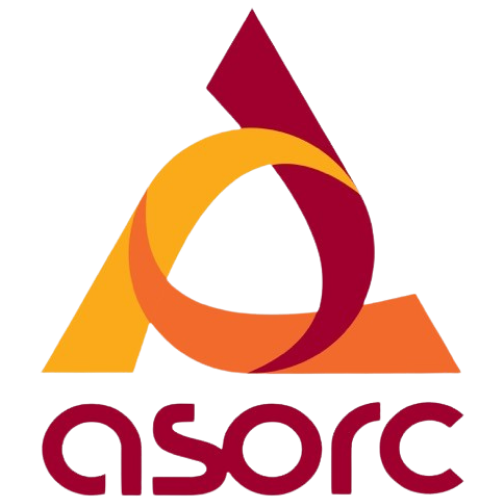PRESENTATION
Intervention techniques designed to prevent or reduce perceptions of injustice following occupational injury
Numerous recent studies have shown that perceptions of injustice are prevalent following occupational injury and increase the risk of delayed recovery. Perceptions of injustice have been shown to contribute to a range of adverse recovery outcomes including more severe pain and disability, mental health problems such as depression and PTSD, and more prolonged work disability. As well, compared to other psychosocial risk factors, perceptions of injustice have been shown to be more resistant to change. Over the past few years, our group has been involved in a program of research aimed at examining the effectiveness of risk-targeted techniques aimed at preventing or reducing post-injury perceptions of injustice. This presentation will briefly describe and demonstrate different techniques designed to prevent or reduce perceptions of injustice following occupational injury. The presentation will also make recommendations for changes to administrative and clinical practices that might reduce the prevalence or magnitude of post-injury perceptions of injustice, and in turn, foster more positive recovery outcomes following injury.
About the Presenter
Dr. Michael Sullivan is a clinical psychologist who is currently Professor of Psychology, Medicine, Physical and Occupational Therapy, and Neurology at McGill University (Montreal, Canada), where he holds a Canada Research Chair in Behavioural Health. Over the past 30 years, Dr. Sullivan has worked as a consultant, clinician, researcher, educator and program director. He has served as a consultant to numerous national and international health and safety organizations, veterans’ administration organizations, insurance groups as well as social policy and research institutes. Dr. Sullivan developed three of the mostly widely used measures of psychosocial risk for delayed recovery; the Pain Catastrophizing Scale (PCS), the Perceived Deficits Questionnaire (PDQ), and the Injustice Experiences Questionnaire (IEQ).
Follow us on Linkedin





